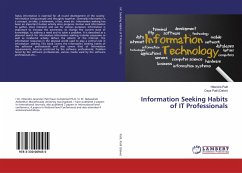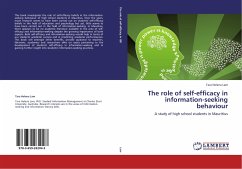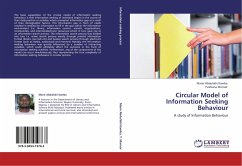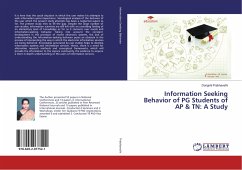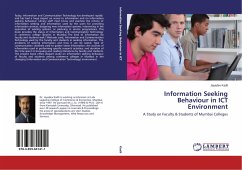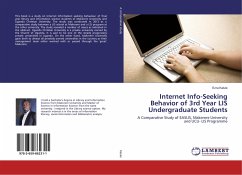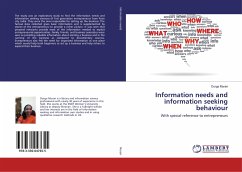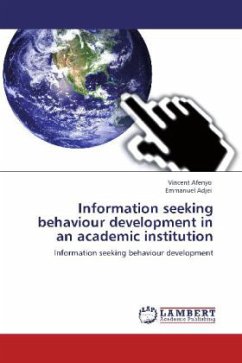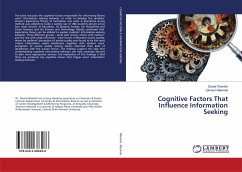
Cognitive Factors That Influence Information Seeking
Versandkostenfrei!
Versandfertig in 1-2 Wochen
50,99 €
inkl. MwSt.

PAYBACK Punkte
25 °P sammeln!
The book discusses the cognitive factors responsible for influencing library users' information seeking behavior. In order to develop the variables, Vroom's Expectancy Theory of motivation was used. A descriptive survey method was utilized to study a sample size of 384 students spread across four main schools: (i) Education, (ii) Business Studies, (iii) Humanities and Social Sciences and (iv) Science and Technology. Results confirmed that expectancy theory can be utilized to explain students' information-seeking behavior. Three different groups - some with strong, others with medium, and the r...
The book discusses the cognitive factors responsible for influencing library users' information seeking behavior. In order to develop the variables, Vroom's Expectancy Theory of motivation was used. A descriptive survey method was utilized to study a sample size of 384 students spread across four main schools: (i) Education, (ii) Business Studies, (iii) Humanities and Social Sciences and (iv) Science and Technology. Results confirmed that expectancy theory can be utilized to explain students' information-seeking behavior. Three different groups - some with strong, others with medium, and the rest with weak influences - were found. Interaction service quality, driven by students' perception of service quality was found to be the most critical. Information needs satisfaction together with student users' perception of service quality among others informed their level of satisfaction with the overall service. The findings support the idea that understanding cognitive information behavior can help university libraries to plan more appropriate services. The implication of this findings is that there are particular key cognitive drivers that trigger users' information seeking behavior.




